
by Nicole Scimio | Oct 8, 2024 | Blog, Featured Posts, Investment Rental Property, Owner Resources, Property Management Education
The Advantages and Disadvantages of Home Warranties

Home Warranties – Yay or Nay?
Today, we’re going to discuss the advantages and disadvantages of home warranties.
We also want to touch on some key factors that people may not think about when considering whether or not to purchase a home warranty when purchasing a property.
What Exactly is a Home Warranty?
A home warranty is a policy that you can purchase for a set amount for the year that covers most major mechanical systems and appliances within the property, so that if they malfunction, the policy will cover the expense to repair or replace that item.
On the surface, a home warranty sounds so good!
However, there are drawbacks we’d like to point out as well, especially when purchasing an investment property.
Advantages of Home Warranties
- Home warranties often cover many common maintenance issues in a home
- They have a set price so you know your expenses ahead of time
- They can potentially save you money
- Sometimes they’re included with the sale, so it wouldn’t cost you additional money to have it if provided by the seller of the property
- The home warranty company will assign a vendor, so if you don’t know a specific vendor for your problem, you don’t need to have a vast network of plumbers, HVAC, etc.
Disadvantages of Home Warranties
- Oftentimes, there are a lot of loopholes on home warranty coverage
- Something you might think would be covered may not actually be covered under the warranty unless you pay more for upgraded coverage
- Sometimes it takes the vendor a long time to respond
- There’s a copay for each service call, which could cost you an additional $50-100 for each time you need to use the home warranty
- You have no control over which vendor the home warranty company chooses
- You have to renew home warranties every year
- The process to place a claim with a home warranty is cumbersome and can take an extended period of time to complete with no guarantee of reaching a representative
- Once you’ve placed your claim, the home warranty company sends a vendor and you have to wait for said vendor to call you
- Introduces a lot of back and forth and a lot of different parties involved
How a Home Warranty Can Be Good for an Owner-Occupied Property
A home warranty is best utilized when the owner of the property lives in the property.
Mainly, because the owner is receiving the advantage of saving money, they are likely more willing to accept some of the disadvantages associated with utilizing the home warranty.
To a homeowner, things like not being able to choose the vendor or waiting a bit longer for a repair to be made may not seem as big of a big deal when there is the potential to save a few hundred (or even thousands) of dollars.
A homeowner also may not have the network of vendors that a property management company has, and not necessarily have strong opinions on what vendor to use.
However, when a renter is paying rent on a monthly basis, they are going to expect the repair to be made in a professional manner within a reasonable amount of time.
Vendor choice plays an important role as well!
A property manager is going to partner with a vendor who is fully insured and performs quality work.
On the other hand, the home warranty company is more concerned with finding a vendor for the lowest price, rather than mainly being concerned with the quality of work.
A home warranty company generally also has the tendency to repair problems instead of replacing them because it will result in more service calls – meaning more co-payments from you, the homeowner.
Example of a Home Warranty in Use
A property that we (Arbors Management, Inc.) were managing had a home warranty in place, and the furnace stopped working in the middle of winter.
So, we placed the service call for no heat with the home warranty company, who assigned the work order to a vendor that we didn’t work with on a regular basis or have in our trusted vendor network.
The vendor assigned by the home warranty company was not able to service the property for 2 weeks.
In short, the residents in the property were left with no heat for 2 weeks in the winter, resulting in the need to compensate their rent for that amount of time.
This delay in maintenance could have also resulted in frozen pipes and additional damages. Thankfully in this scenario, it did not.
When you take into consideration the price of the home warranty for the year, service call fee, and the prorated rent that the owner lost as a result of the delayed response time, it ended up costing the owner more money than if we had simply placed a service call with one of our trusted vendors and addressed the issue quickly ourselves.
Conclusion
There can be a lot of advantages to utilizing a home warranty, but we find that they’re best utilized for owner-occupied properties.
For investment properties or resident-occupied properties, we find that it’s typically best to not purchase a home warranty, and to arrange maintenance directly with the vendor.
Taking this route cuts down on the time it takes to maintain the property, and results in higher satisfaction for the residents – and happy residents pay their rent.
On the flip side, people who have to wait weeks for maintenance requests to be taken care of (a.k.a. unhappy residents) move out or don’t pay rent.
Obviously, we want to keep our residents and owners as happy as possible and provide excellent property management services that are within our control.
Ultimately, it is our recommendation that you do not purchase a home warranty for resident-occupied investment properties, as it could result in (all of the above) unsatisfactory experiences for your residents.
If you want to partner with a property management company who will address maintenance requests in a timely manner, cares about your property and residents, and wants you to succeed, we’d love to give you a free consultation!

by Nicole Scimio | Sep 26, 2024 | Blog, Investment Rental Property, Owner Resources, Property Management Education, Uncategorized
Selling Your Rental Property with Residents in Place

Do I Want to Sell My Rental Property?
If you own an investment property, it’s probably safe to say that at one point or another, you may have considered selling it, depending on how the market is fluctuating.
When considering whether or not to sell your investment property, one of the questions that will inevitably come up is, “Should I sell with or without my residents in place? And what happens to them when I do sell?”
This article will serve as a guide to help answer those questions and help you make an informed decision.
Selling a Single-Family Home with Residents in Place vs. Not in Place
If you own a single-family home and it’s being rented with residents in place, the value of the property is going to be dependent on the rental amount if you’re selling it to another investor.
With that being said, the value of the property for an owner-occupant (someone who will both own and occupy the home) would be more along the lines of what the market will determine.
If the property is located in an attractive market with high home values, you may be better off waiting until the property is vacant and selling it to someone who intends to move into the property and live there, as it may be more valuable to them in that scenario.
If the property is in a less desirable location with low home values, the rental amount might provide a higher value to an investor than it would someone looking to live in the property.
In this case, it may be beneficial for you to keep the resident in place because it would be as if you’re buying an income stream/cash flow.
Selling a MultiFamily Home with Residents in Place vs. Not in Place
For multifamily properties, their value is often evaluated based on the rental income they can produce.
So the higher the rents the property can generate, the higher the value of the property.
So in this scenario, it’s beneficial for the seller to increase rents as much as possible in their market, and have a fully occupied property when selling because that will give them the highest value for the property.
If your rents are significantly below market rate rents, it may be beneficial to terminate leases or transition them to month to month leases because the new owner will see that as an opportunity to increase the rents, or lease the units at the higher market-rate value.
Advantages & Disadvantages of Selling an Investment Property with Residents in Place – Single-Family Properties vs. MultiFamily Properties
Selling Your Rental Property with Residents in Place
|
| Single-Family Properties |
MultiFamily Properties |
| Advantages |
Disadvantages |
Advantages |
Disadvantages |
| – If the property is in a majority rental neighborhood, and the price point of the property allows the investor to purchase the property and cash flow with the current rental income, then the property will be attractive to an investor interested in single family home rentals
– If the lease is within 60 days of expiring and the tenants are moving out, then it could allow for a sale to a new owner occupant reducing your vacancy period
– Continue to collect rent & cash flow until the property is sold |
– Scheduling showings, inspections, appraisals, etc. with the tenant can be difficult and could lead to delays in ability to sell or close on the property
– Potential for poor showing conditions (dirty, unkept, messy, loud, etc.)
– Multiple showings will disrupt tenants’ lives, potentially causing them to want to leave
– Most single family homes sell at their best price to owner occupants, not investors |
– High rental income can make the property worth more
– Attractive to an investor looking for a “turnkey” investment property
– Continue to collect rent & cash flow until the property is sold
– A fully occupied multi-unit proves the marketability/rentability of the property to the new owner |
– Lower than market rents could cause the property to be undervalued
– Scheduling showings, inspections, appraisals, with the tenant can be difficult and could lead to delays in ability to sell or close on the property
– Cannot sell to a buyer who wants to live in one of the units
– If tenants are not paying their rent, it could be difficult to attract a buyer |
What Happens to the Current Lease – Do I Have to Kick My Resident Out?
This may vary from state to state and you’ll want to check the lease terms. However, here in Pennsylvania, the leases will transfer to the new owner in the event of a sale.
This means that you do not need to terminate the lease or evict the resident in order to sell your property.
Just keep in mind the best case scenarios that we outlined above on your particular situation to determine if it’s best for you to keep the resident in place or not.
The Challenges of Selling a Property with a Resident in Place
But as with all things, there will definitely be a few challenges in the process.
Some things that could be difficult if you sell your property with a resident in place are:
- You’re going to have to provide notice to the resident for any showings
- You’ll have to show the property with all of the resident’s personal belongings in place
- You’ll need to provide copies of the lease and payment history to the new owner
- Uncertainty around resident’s future
- If the resident has pets, it could cause accessibility concerns
- The resident might not like having their personal space entered during the sales process
- Showings, inspections, appraisals, etc.
All in All
If you decide that you want to sell your investment property with a resident currently in it, we hope this article gives you some of the advantages and disadvantages of doing so.
But ultimately, you have to make the right decision for you.
If you need any guidance in making this decision, we are here to help!
In order to best serve our clients, Arbors management, Inc. has created a sales division, Arbors Real Estate. If you are interested in selling your rental property with a resident in it, this is something that we specialize in and are well versed in the challenges that come along with doing so. We would be happy to discuss the details of your property with you. Please don’t hesitate to give us a call!

by Nicole Scimio | Jul 24, 2024 | Blog, Investment Rental Property, Owner Resources, Property Management Education, Uncategorized

Investing in Rental Properties
So, you’ve decided that you want to invest in rental properties, but aren’t exactly sure what kind of property is right for you. Don’t worry, we’re here to help!
To make it as simple as possible, you have essentially 3 different asset classes to choose from:
The purpose of this article is to explain each type of the 3 main asset classes when investing in rental properties, cover the pros and cons of each, and hopefully help you decide what’s right for your investment needs.
Single-Family Property
Definition: A single-family home is a free standing residential building designed to be used as a single-dwelling unit.
Pros of Single-Family Properties:
- Tend to attract renters who stay longer, reducing turnover
- You’re often able to make the resident responsible for utility expenses
- The value of the property is not necessarily dependent on the rental income that it generates
- Fairly easy to sell
- Widely available
- Will potential rent at a higher rate than a multi-family counterpart
- Resident usually responsible for all landscaping and snow removal at the property
Cons of Single-Family Properties:
- When you do have turnover, there’s only one unit so you have zero income from that property during turnover
- They’re typically more expensive on a per-unit basis because you’re only purchasing one unit (for the same price as a duplex, for example)
Multi-Family Property
Definition: A multi-family property is a property with 2 or more residential units.
Pros of Multi-Family Properties:
- You can typically realize efficiencies of scale – you have one roof over multiple units
- Each unit often has the same floor plan as well
- Turnover time tends to be lower because they’re usually smaller than single-family
- Typically easy to rent – there will always be someone looking for a one bedroom apartment
- Cost per unit to purchase tends to be lower than single-family
- If one of the units is vacant, you still have the ability to generate rental income from the other occupied unit(s)
Cons of Multi-Family Properties:
- Often more difficult to find
- Typically smaller units, which lead to higher turnover rates (usually only 1-2 bedrooms)
- Attracts singles or someone with a roommate, shorter overall average residency
- Often have shared utility expenses
- For example, one water meter for a two-unit duplex
- Value of the property is oftentimes directly correlated to the income that the property generates
- Value of property directly relates to rental prices you have (value depending on the rent)
- Increased risk of disputes between tenants
- Usually shared common spaces
- Shared lawn or shared sidewalk means owner is responsible for snow removal and lawn care
Condominiums (Condos)
Definition: Condominiums (or condos, for short) are an ownership structure whereby a building is divided into several units that are each separately owned (via Wikipedia.com).
Pros of Condominiums:
- HOA fees – oftentimes, they’re inclusive of exterior maintenance (roof leak, condo association will pay for it) making monthly expenses more predictable
- Don’t have to worry about landscaping
- Neighbors are more likely to have higher level of respect for the property giving a greater sense of community
- Oftentimes in desirable locations
- Could lead to making units more attractive to potential renters
- Some offer amenities like a gym, pool, tennis court, etc.
- Another factor that can make units more attractive to potential renters
Cons of Condominiums:
- HOA fees – could cut into monthly cash flow
- Sometimes the HOA has limitations or restrictions on how many units can be rented within the association or imposes fees for rental registration
- Can be difficult to insure
- Shared common areas or shared walls with other condo owners
- An elected HOA board makes the decisions for the community, politics are often involved
Overall…
When choosing an asset class to invest in, there are pros and cons to each.
As an investor, you have to evaluate each of those and determine what’s best for your particular investment strategy.
However, if you’d like to discuss any of this further, or need help finding out which type of asset class is the best option for you and your investment strategy, please contact us for a free consultation!

by Nicole Scimio | Jun 20, 2024 | Blog, Investment Rental Property, Low Income Tax Credit Housing, Owner Resources, Project Based Section 8 Housing, Property Management Education, Tenant Education

The Differences Between Market-Rate and Affordable Housing
If you’ve been involved in the housing industry for any period of time, you’ve probably heard the terms “market-rate housing” and “affordable housing.” But what exactly is the difference between the two? Don’t worry, we’ll break it down for you.
Market-Rate Housing
Market-Rate Housing is also known as conventional housing. This just means that the property does not have any type of subsidy, and the resident pays the full amount of the rent that is determined by the market.
Attributes of Market-Rate Housing:
- The lease terms are customizable
- No restrictions on additional services and fees you are able to provide to the tenant
- You can non-renew a lease for any reason
- The rent is not guaranteed (residents may or may not pay, might be late on rent)
- Late payments/refusal to pay could lead to eviction
- You can create your own screening criteria
- There’s no limit on the rental amount that you can charge
- Rent is dictated by what someone is willing to pay for the unit
If you want to check out our available market-rate properties, click here.
Affordable Housing
Affordable Housing is also known as subsidized housing, meaning that the property is receiving a subsidy from a governmental agency whereby the resident is only responsible for a portion of the rent. This portion of the rent that they owe is typically based on their income.
Attributes of Affordable Housing:
- Lease terms are subject to the agency issuing the subsidy
- The rental subsidy payments may be subject to property inspections from the agency
- You are limited in reasons for non-renewing a lease
- The rent is guaranteed by the agency issuing the subsidy
- Your screening criteria is also dependent on the agency that’s issuing the subsidy
- The rental amount is dictated by the agency that’s issuing the subsidy
- There are income restrictions for residents to qualify
If you want to learn more about the different types of Section 8, check out this blog post.
If you want to check out our available affordable housing properties, click here.
All in All
Whether the property is market-rate or affordable housing, our primary goal is still the same: to provide safe and habitable housing for all of our residents, as well as professional management services to meet our clients’ goals for any property that we manage.
We have 40+ years of expertise in all aspects of housing in and around the Pittsburgh area, Western Pennsylvania, and West Virginia, so if you have any questions, feel free to contact us!

by Nicole Scimio | Jun 19, 2024 | Owner Resources, Property Management Education, Uncategorized

How to Keep Residents Happy as a Landlord or Property Manager
One of the most important goals in property management is to keep residents happy, A.K.A. maintain resident satisfaction. Why is that?
Well, just to name a few reasons:
Here at Arbors Management, we’ve seen a 10% higher renewal rate than the industry average over the course of our 40+ years in business.
But how exactly do we keep our residents happily renewing their leases year after year? Let’s dive in.
1. Communication
Different Avenues of Communication
We communicate with our residents in a multitude of ways: emails, phone calls, text messages, physical mail, etc.
Everybody is different, so it is important to take note on what is the most effective with each resident individually. Whatever way a resident prefers to communicate, meaning whatever is most convenient for them, we will communicate with them via that medium.
Clear Communication
It’s also important to ensure that we’re communicating clearly and effectively.
We always want to make sure our message is very clear and that we answer any questions that our residents may have. What’s the point of conveying a message if the other person is confused and only left with questions rather than answers?
Timely Communication
Timely communication is key!
We do our best to ensure that we’re responding to residents within an appropriate timeframe and following up on any questions that we may have on our end.
Each of our properties is assigned a dedicated portfolio manager or property manager that is responsible for all resident communication, as well as any communication with the owner of the property.
By acting as that liaison, our management team is in constant communication with residents, and owners when necessary.
2. Convenience
Exceeding Expectations
These days residents have increasingly higher expectations, especially when it comes to the convenience of working with a property management company.
As you can probably imagine, we are always trying to meet and/or exceed those expectations.
One of the ways that we do this is through an online portal, which residents begin to use starting with the leasing process. We’ll cover more on our online portal in just a bit.
Convenient Application Process
Prospective residents are able to fill out and submit their application online.
This process is easy and streamlined, and doesn’t require the applicant to jump through any confusing or exhausting hoops to apply with us.
It may sound obvious, but the easier you make it for potential residents to apply, the more applicants you’ll have.
Digital Lease Signing
Once an application is submitted and approved, the lease signing process is completed through our online portal as well.
Applicants can sign their lease digitally from anywhere in the world as long as they have an internet connection! It can’t get much simpler than that.
Online Resident Portal
Our residents also have the ability to do just about anything rent-related through our online resident portal. Just to name a few portal features, residents can:
- Pay their rent online
- Access lease documents
- Sign future lease renewals
- Submit maintenance requests 24/7
- Access a 24/7 emergency maintenance line with a live answer
Ultimately, we want to make the renting experience convenient and easy. The more barriers you create, the harder it is to convert a prospect/applicant into a renter.
3. Resolving Maintenance Issues Quickly
One of the most stressful things as a renter (or even a homeowner) is when something goes wrong in your residence.
We always want to make sure we’re addressing things as quickly as possible, keeping damage to a minimum, and keeping residents satisfied.
Quick Maintenance Protects Properties
While maintenance requests being taken care of right away satisfies our residents, it also protects our clients’ (A.K.A. our owners’) assets.
For example: if there’s a water leak, we want to fix that as soon as possible so that any damage caused is mitigated and comes to a halt, hopefully preventing any permanent damage.
A Large Network of Maintenance Vendors
Over the past 40 years that we’ve been in business, we have developed a list of reputable vendors that we know we can rely on.
Having a vast network of vendors that can address any issue that might come up is always beneficial; if the first plumber we try to contact is unavailable, we’ll go back to our vendor list and contact another plumber that we also have an established relationship with.
With having connections to multiple vendors in each trade, scheduling maintenance services is generally a breeze.
It also is a win-win situation: we give our vendors a lot of business, so they generally aim to keep us satisfied and often prioritize our work orders.
Access to Emergency Maintenance 24/7
We mentioned earlier that our residents have access to 24/7 emergency maintenance. This ensures that when there is an emergency, they can get ahold of someone right away.
This in turn allows us to address the problem quickly, and have the appropriate vendor handle the situation in a timely manner, preventing any further damage to the property.
So When It Comes to Keeping Residents Happy…
Keeping your residents happy is an important part of being a landlord or property manager.
Resident satisfaction comes with many benefits: increased rental payments, increased lease renewals, and increased property value by maintaining the property, just to name a few.
Here at Arbors Management, we try to focus on 3 main aspects of resident satisfaction: clear and timely communication, a convenient leasing experience, and efficient maintenance resolution.
By focusing on these 3 areas, we’ve developed a strategy that has proven to be extremely successful at maintaining resident satisfaction, and we’d love to help you do the same.
If you want to discuss how we can help you keep your residents happy, please contact us for a free consultation!

by Arbors Management, Inc. | Feb 24, 2023 | Blog, Property Management Education

By: Nick Griffith & Nicole Fandel, Director of Conventional Housing and Marketing Specialist
Should I Allow Pets in My Pittsburgh Rental Property?
Many Pittsburgh rental property owners want to know if they should allow pets into their homes or if they should avoid them.
Whether you’re a pet lover or not, there are a lot of pros and cons to discuss when it comes to welcoming pets into your rental property.
Pro-Pets: Resident Pool and Pricing
The main benefit of allowing pets is that you’ll get a larger pool of potential residents interested in your home.
When pet owners have access to your property, you’ll get a larger selection of applicants and a bigger audience of people who want to see your property and lease it.
Today, it seems like almost everyone has a cat or a dog or a hamster that they cherish – pets are part of the family. So, it’s ultimately easier to rent out your home when you decide to allow pets.
Another pro of allowing pets in your rental property is additional revenue.
You’ll have the ability to charge pet rent in addition to the rent your resident pays. People are very attached to their animals, and they’ll be willing to pay a little more to have them in the property.
You can reap those benefits when you allow pets and charge a little more each month to cover potential additional wear and tear.
Can I Charge a Pet Deposit?
Owners will often want to know if they can charge a pet deposit in addition to the security deposit when they allow pets.
In Pennsylvania, the law says that we can only charge a security deposit that’s the equivalent of one month’s rent. So, we don’t typically charge an additional pet deposit because a deposit has to be returned to the residents.
Instead, we charge the pet rent, which generates additional income for our owners every month.
Avoiding Pets: Potential for Damage
The biggest reason that property owners prefer to avoid pets is that there’s a potential for property damage.
We’ve all heard the horror stories: pets might pee on the floors, scratch the carpet, and chew up the baseboards. They can make messes.
Yes, these things can happen; but generally, pets are often well-trained and well-behaved.
If your residents take care of their pets and the property, you won’t have any unnecessary damage.
However, there’s no guarantee. When you’re screening residents and deciding whether or not to accept a pet, you have to consider the animal’s breed, size, and weight.
Consider the applicant as well. You’ll need to determine whether that applicant is a responsible pet owner who can truly care for the animal as well as your property.
Service and Support Animals
 Another hot topic is the rise of service animals and emotional support therapy animals.
Another hot topic is the rise of service animals and emotional support therapy animals.
These are animals that are coming into the property to help the resident perform daily tasks, or help them emotionally through their daily lives.
If a resident has a service or support animal, we cannot discriminate against those animals, even if there’s a strict no-pet policy in place.
To protect your property, we will always ensure the appropriate documentation and supporting medical notes are in place to verify a service animal or an emotional support animal. We don’t want residents to try and skirt the rules, or put our owners in an unfavorable position.
In Conclusion: Pets or No Pets?
Ultimately, the decision to allow pets is up to you, the owner.
Whether you choose to allow pets or not, we have policies, procedures, and documents that ensure that we are compliant with the laws.
We’ll charge your residents an appropriate amount for the added benefit of moving in with their furry friends, and make sure your property is protected.
If you have any questions about pets, or anything at all pertaining to your Pittsburgh rental property, please contact us and we’d be more than happy to help.



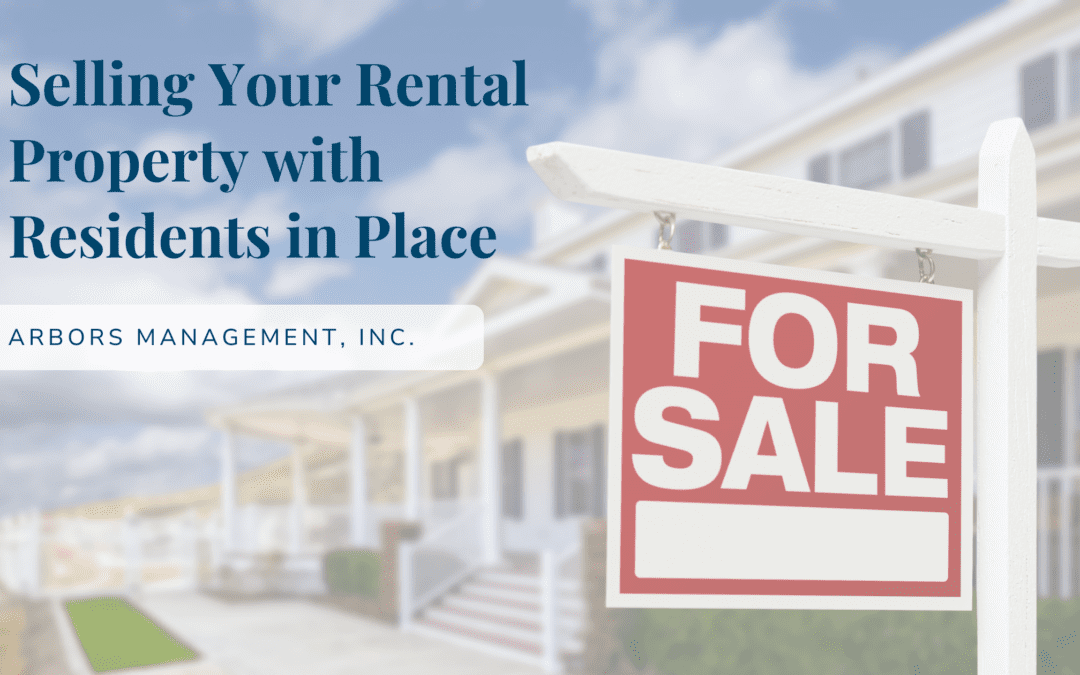
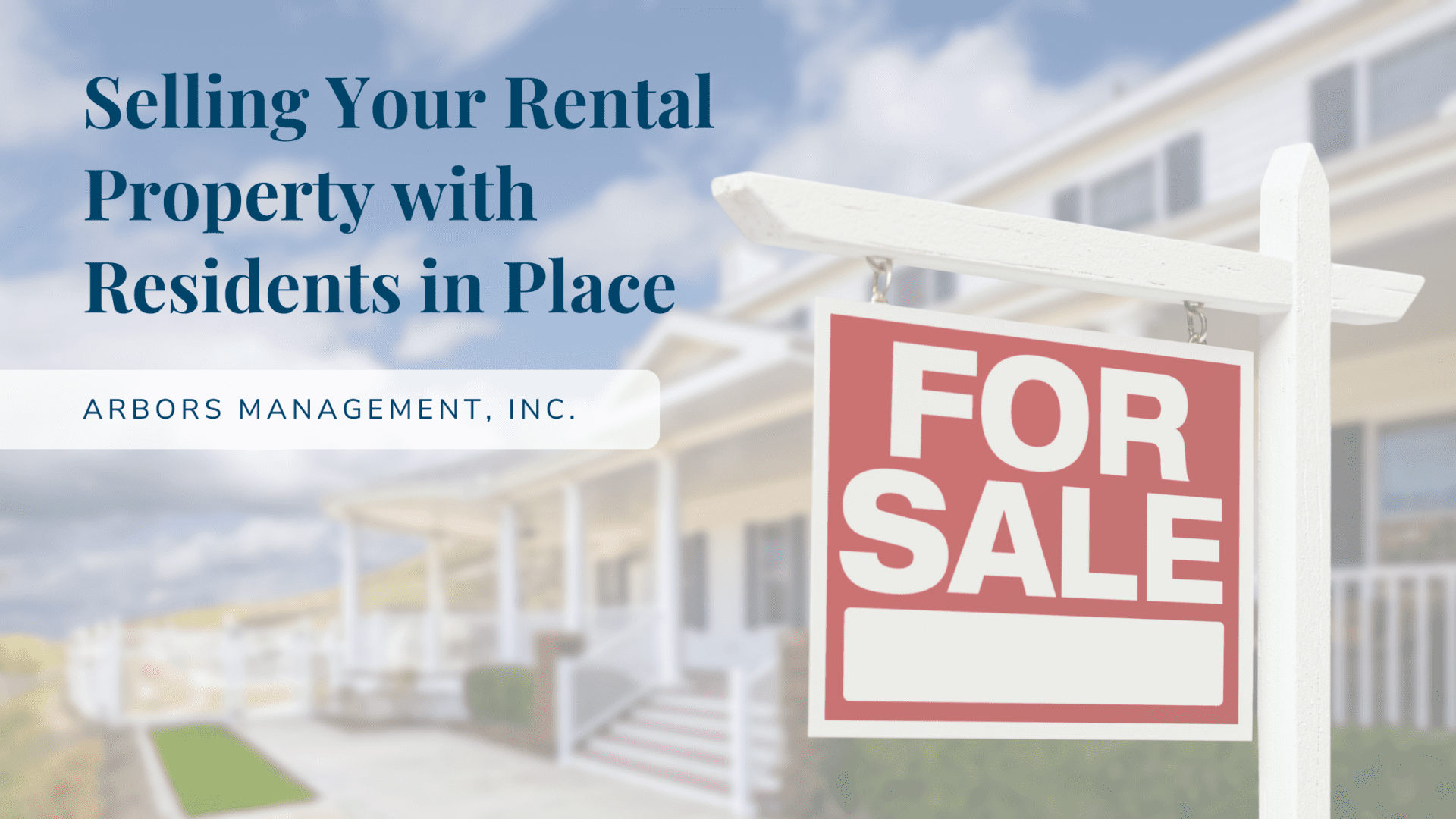


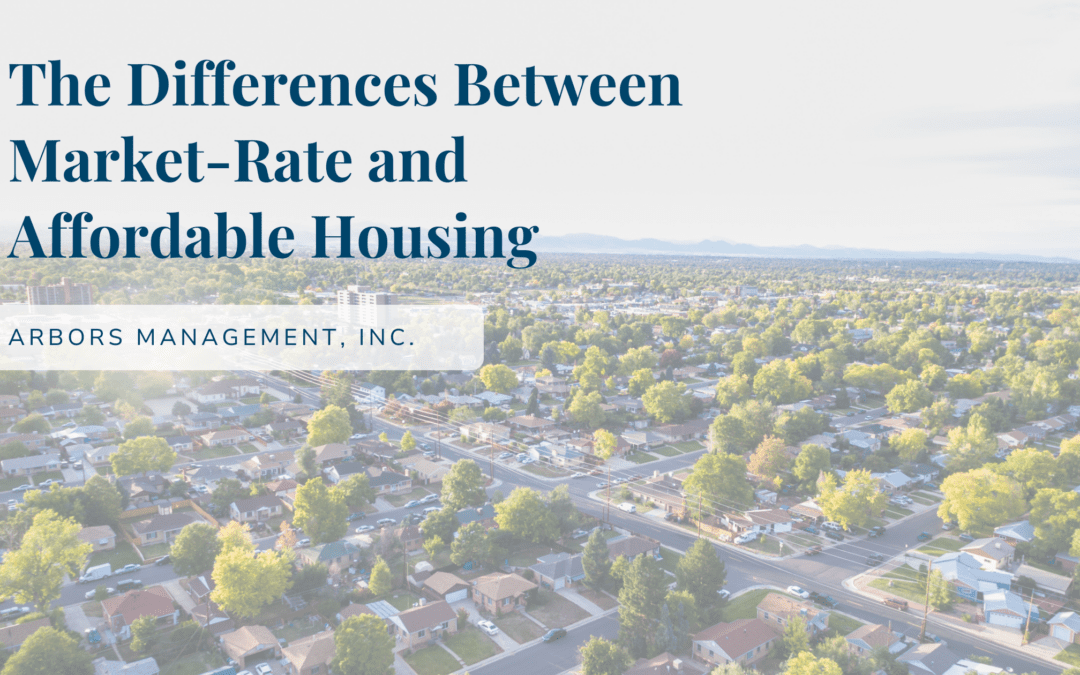
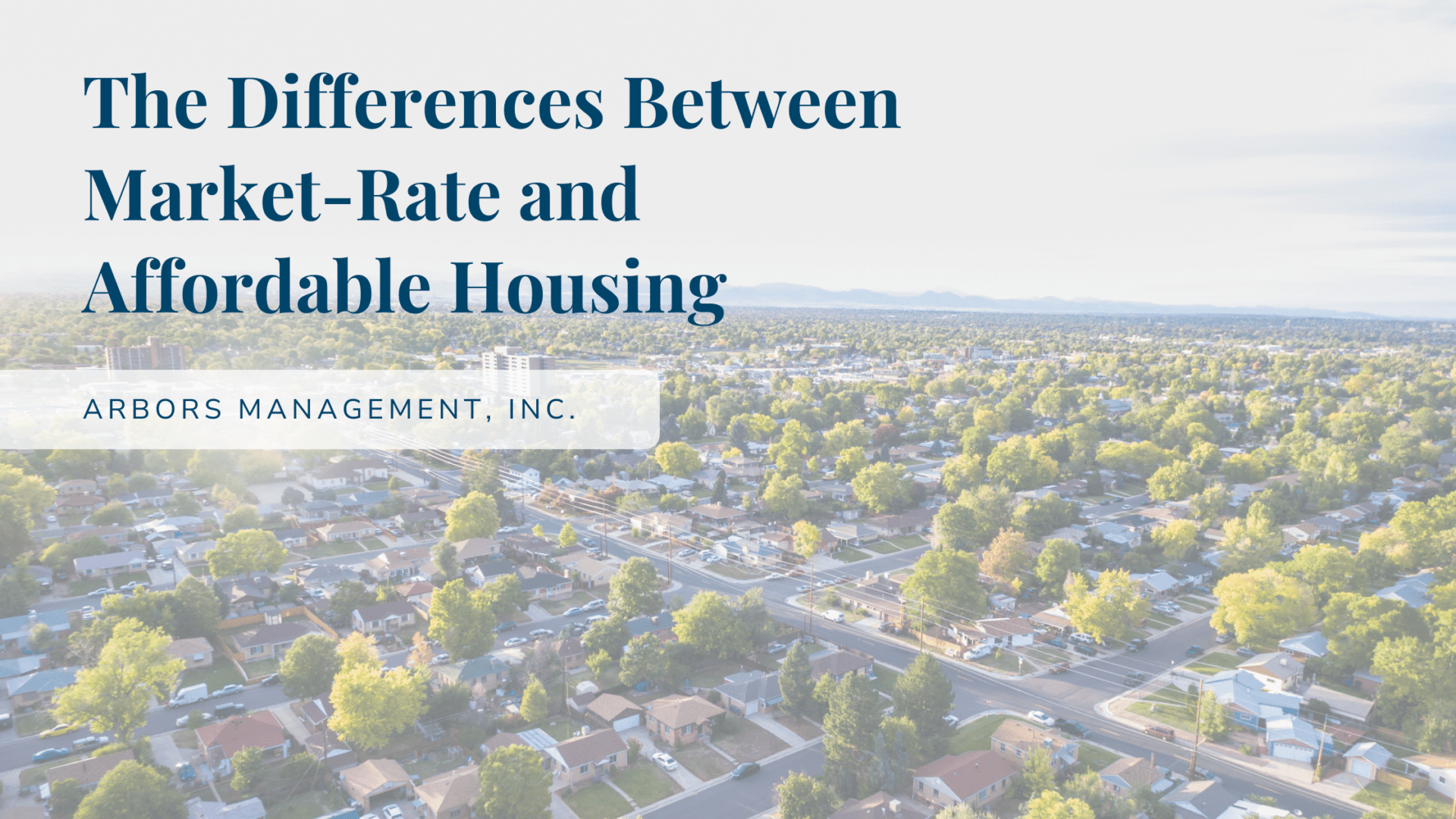
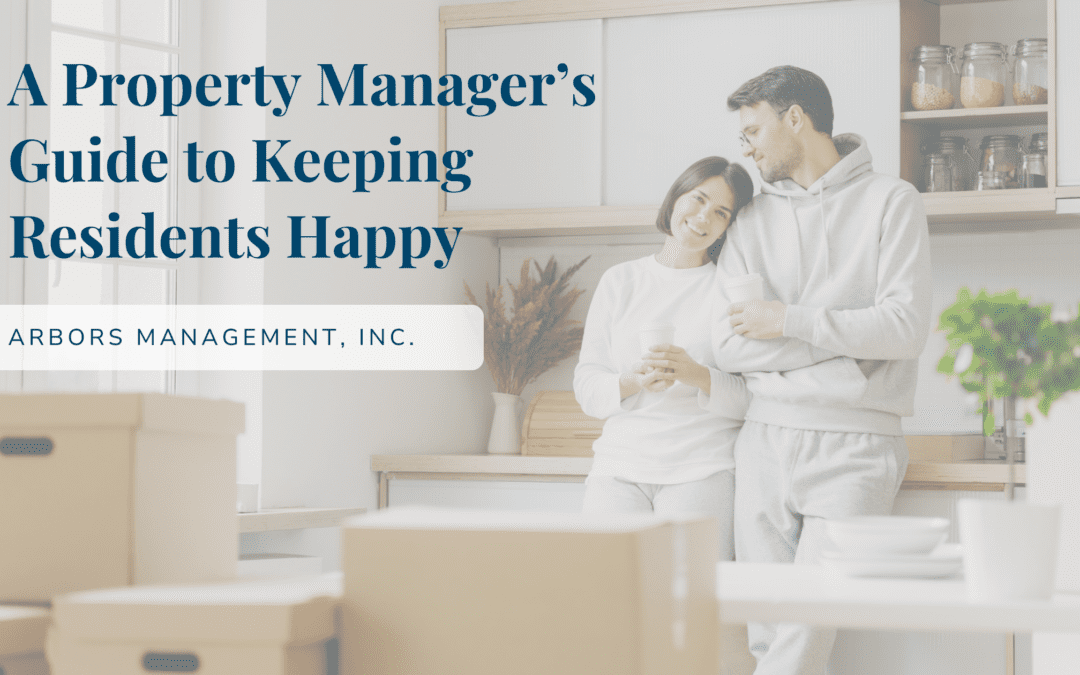
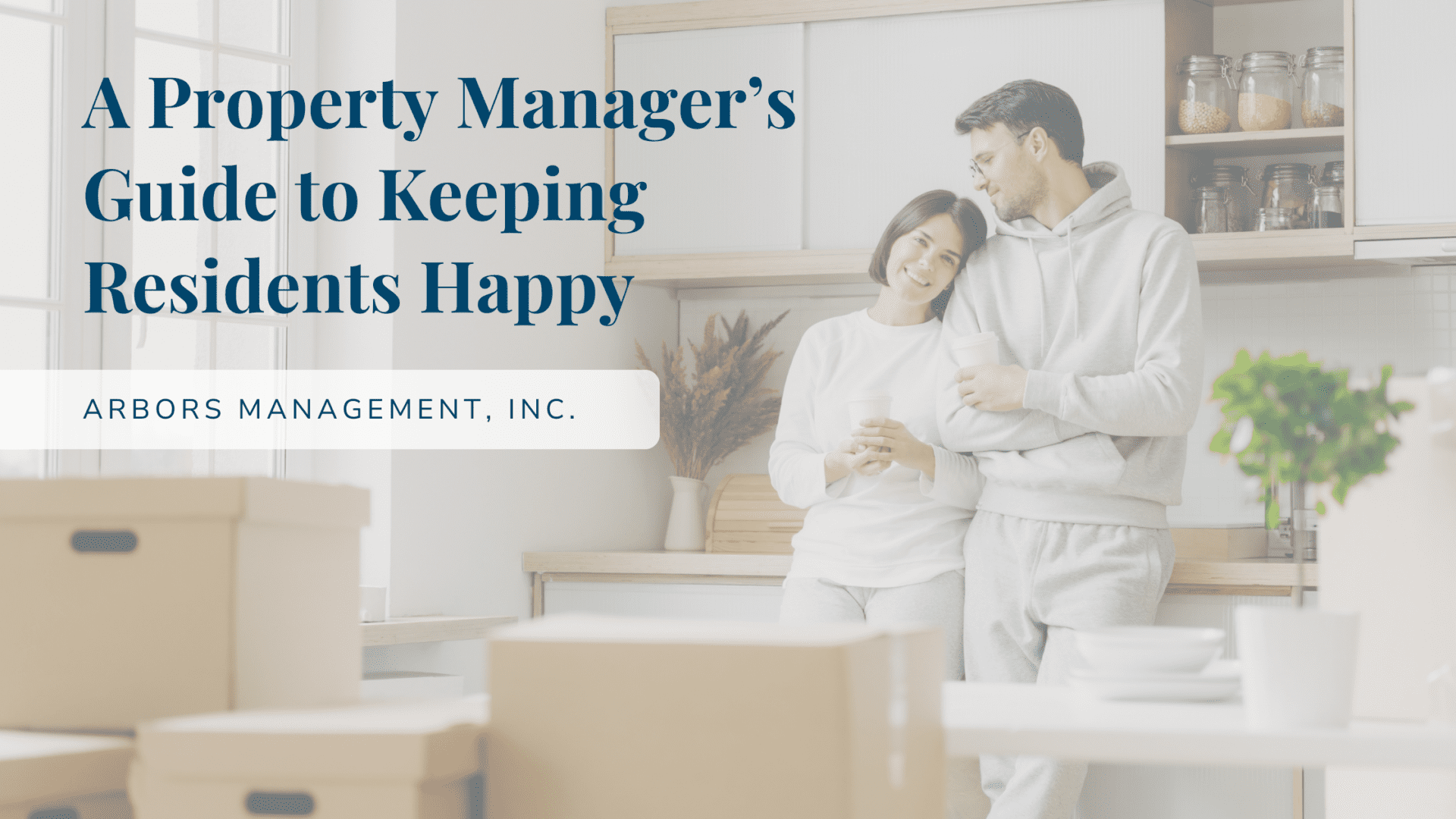


 Another hot topic is the rise of service animals and emotional support therapy animals.
Another hot topic is the rise of service animals and emotional support therapy animals.